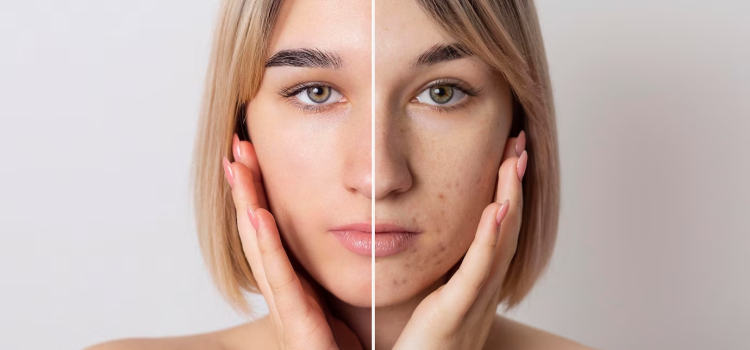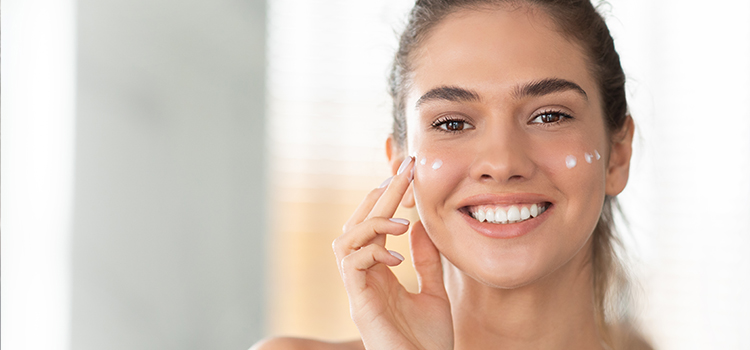Rice water, the starchy liquid left after soaking or boiling rice, has been used for centuries in Asian skincare routines. It’s praised for its soothing, brightening, and toning properties. Here’s a full overview of what it can do, how to make it, and how to use it safely:
Benefits for Skin
1. Brightens and Evens Skin Tone
- Rice water contains niacinamide (vitamin B3), which is known to reduce dark spots, pigmentation, and dullness.
- Regular use can give your skin a more radiant, glass-skin look.
2. Hydrates and Softens Skin
- The starch and amino acids in rice water help lock in moisture.
- It acts as a natural humectant, improving skin smoothness and elasticity.
3. Soothes Irritated or Sensitive Skin
- Its anti-inflammatory properties can calm redness, rashes, and mild eczema.
- It’s often used as a gentle home remedy for sunburns or post-acne inflammation.
4. Controls Oil and Reduces Pore Appearance
- Rice water helps balance sebum production, making it great for oily or acne-prone skin.
- It can temporarily tighten pores, giving a smoother appearance.
5. Anti-Aging Protection
- Rich in antioxidants (like ferulic acid and oryzanol), rice water helps protect against UV damage and free radicals.
- Over time, it may help reduce fine lines and improve skin firmness.
6. Promotes Healing
- Some studies suggest rice water can speed up the skin’s barrier repair, helping minor wounds, acne, or irritation heal faster.
7. Gentle Natural Toner
- Rice water can replace harsh chemical toners — it’s alcohol-free, soothing, and suitable for daily use on most skin types.
How to Make Rice Water
Method 1: Soaking (most common)
- Rinse ½ cup of uncooked rice to remove dirt and impurities.
- Add 2–3 cups of water and let it soak for 30–60 minutes.
- Stir, then strain the water into a clean container.
- Store in the fridge for up to 5–7 days.
Method 2: Boiling (for a richer extract)
- Boil rice in more water than usual.
- Once cooked, strain the water and let it cool.
- Store in the fridge for up to a week.
Optional: Add a few drops of essential oils (like lavender or tea tree) for extra benefits.
How to Use It
- Toner: After cleansing, apply rice water with a cotton pad or spray bottle, let it dry, and follow with moisturizer.
- Face rinse: Use it as the last rinse in your cleansing routine.
- Sheet mask: Soak a compressed mask sheet or cotton pads in rice water and leave on your face for 10–15 minutes.
- Bath soak: Add 1–2 cups to your bath for softer, smoother skin.
Precautions
- Do a patch test before first use — some people may experience irritation.
- Don’t leave fermented rice water on your skin for too long; it can be too acidic for sensitive types.
- Discard immediately if it smells sour or develops mold.






